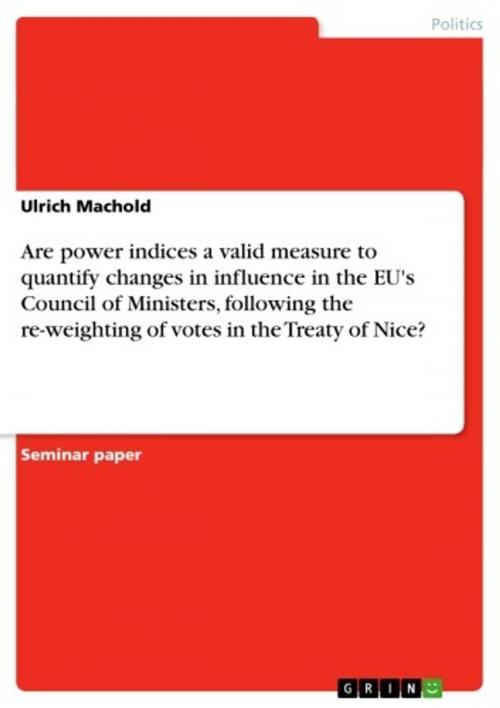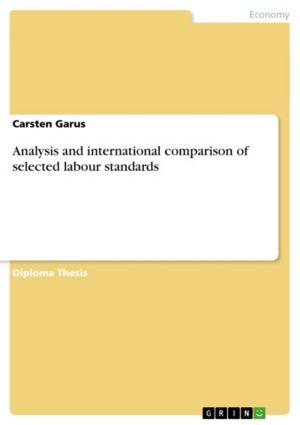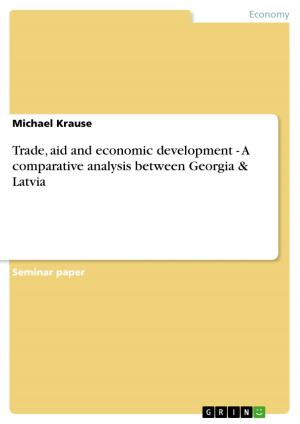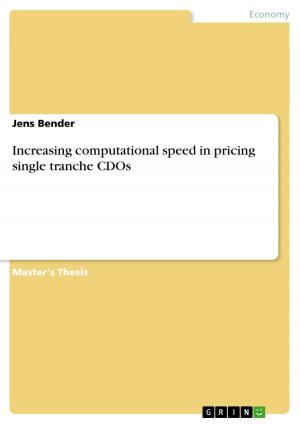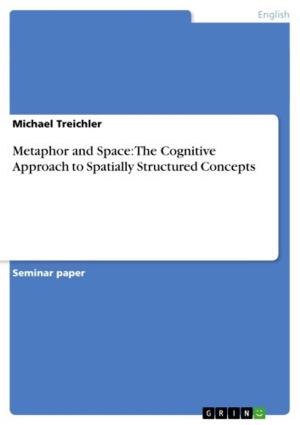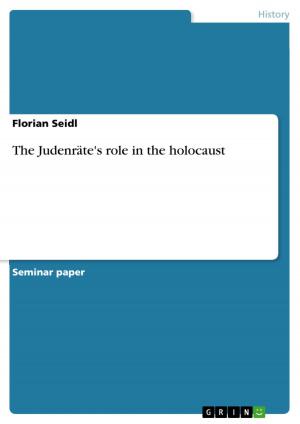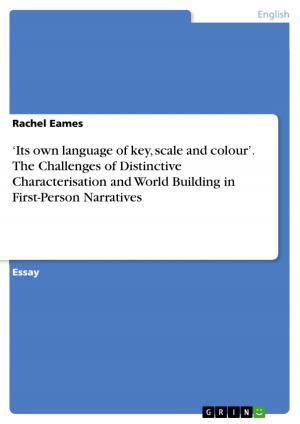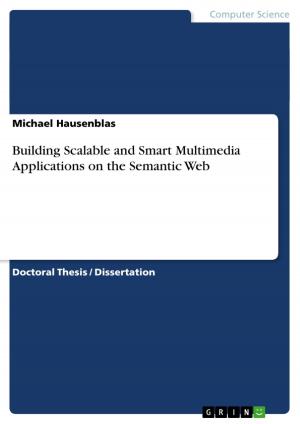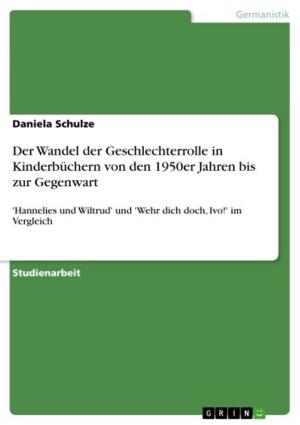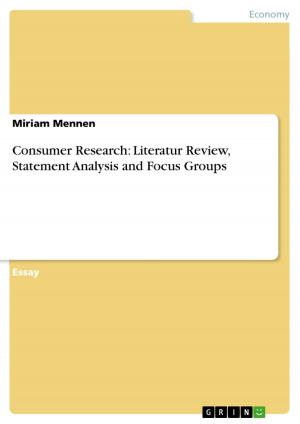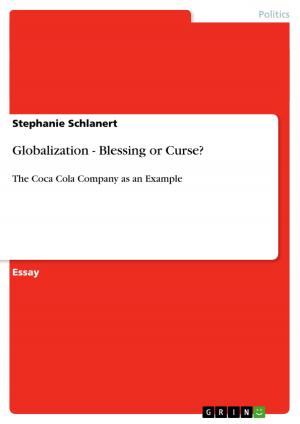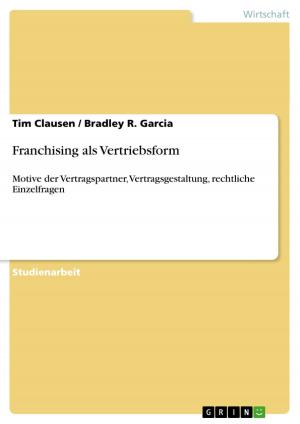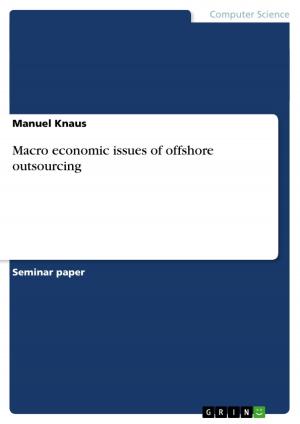Are power indices a valid measure to quantify changes in influence in the EU's Council of Ministers, following the re-weighting of votes in the Treaty of Nice?
Nonfiction, Social & Cultural Studies, Political Science| Author: | Ulrich Machold | ISBN: | 9783638161534 |
| Publisher: | GRIN Publishing | Publication: | January 4, 2003 |
| Imprint: | GRIN Publishing | Language: | English |
| Author: | Ulrich Machold |
| ISBN: | 9783638161534 |
| Publisher: | GRIN Publishing |
| Publication: | January 4, 2003 |
| Imprint: | GRIN Publishing |
| Language: | English |
Seminar paper from the year 2001 in the subject Politics - International Politics - Topic: European Union, grade: 1 (A), London School of Economics (Government Department), course: Public Choice and Politics, 16 entries in the bibliography, language: English, abstract: I shall firstly summarise M&F's study and results in order to allow for an easier assessment of the situation. Subsequently, I shall depict the arguments against the application of power indices to an organisation such as the European Union and put them into perspective. In the third part of this essay, I shall then attempt to show that methods proposed as alternatives to power indices do not, in fact, offer any workable alternatives when analysing the EU-Council after enlargement, and conclude that power indices can provide an important approximation of a priori power distribution and do carry relevance in assessing the Council and especially in understanding the behaviour of actors when deciding on issues like the re-weighting of votes in the Nice Treaty.
Seminar paper from the year 2001 in the subject Politics - International Politics - Topic: European Union, grade: 1 (A), London School of Economics (Government Department), course: Public Choice and Politics, 16 entries in the bibliography, language: English, abstract: I shall firstly summarise M&F's study and results in order to allow for an easier assessment of the situation. Subsequently, I shall depict the arguments against the application of power indices to an organisation such as the European Union and put them into perspective. In the third part of this essay, I shall then attempt to show that methods proposed as alternatives to power indices do not, in fact, offer any workable alternatives when analysing the EU-Council after enlargement, and conclude that power indices can provide an important approximation of a priori power distribution and do carry relevance in assessing the Council and especially in understanding the behaviour of actors when deciding on issues like the re-weighting of votes in the Nice Treaty.
